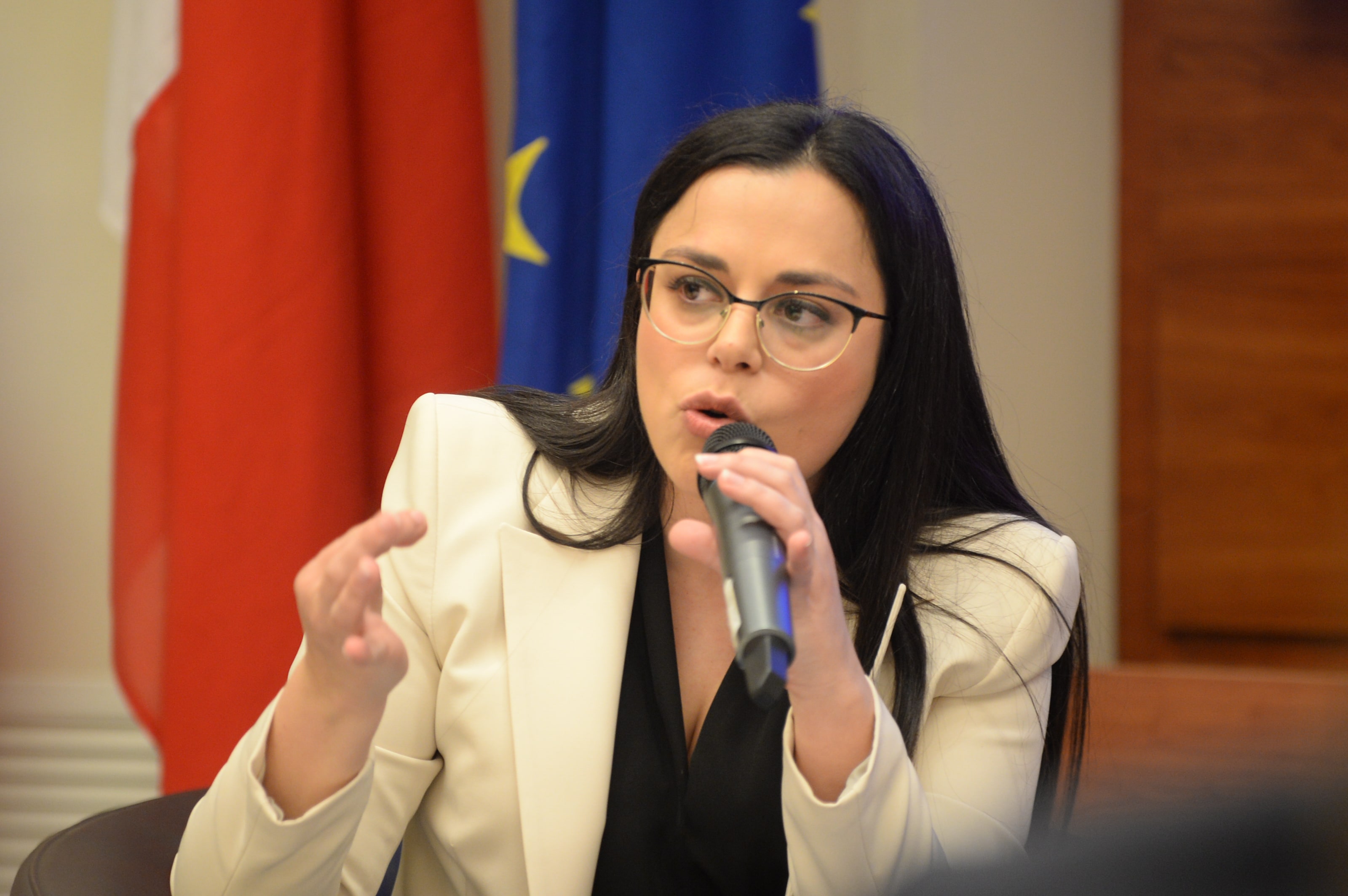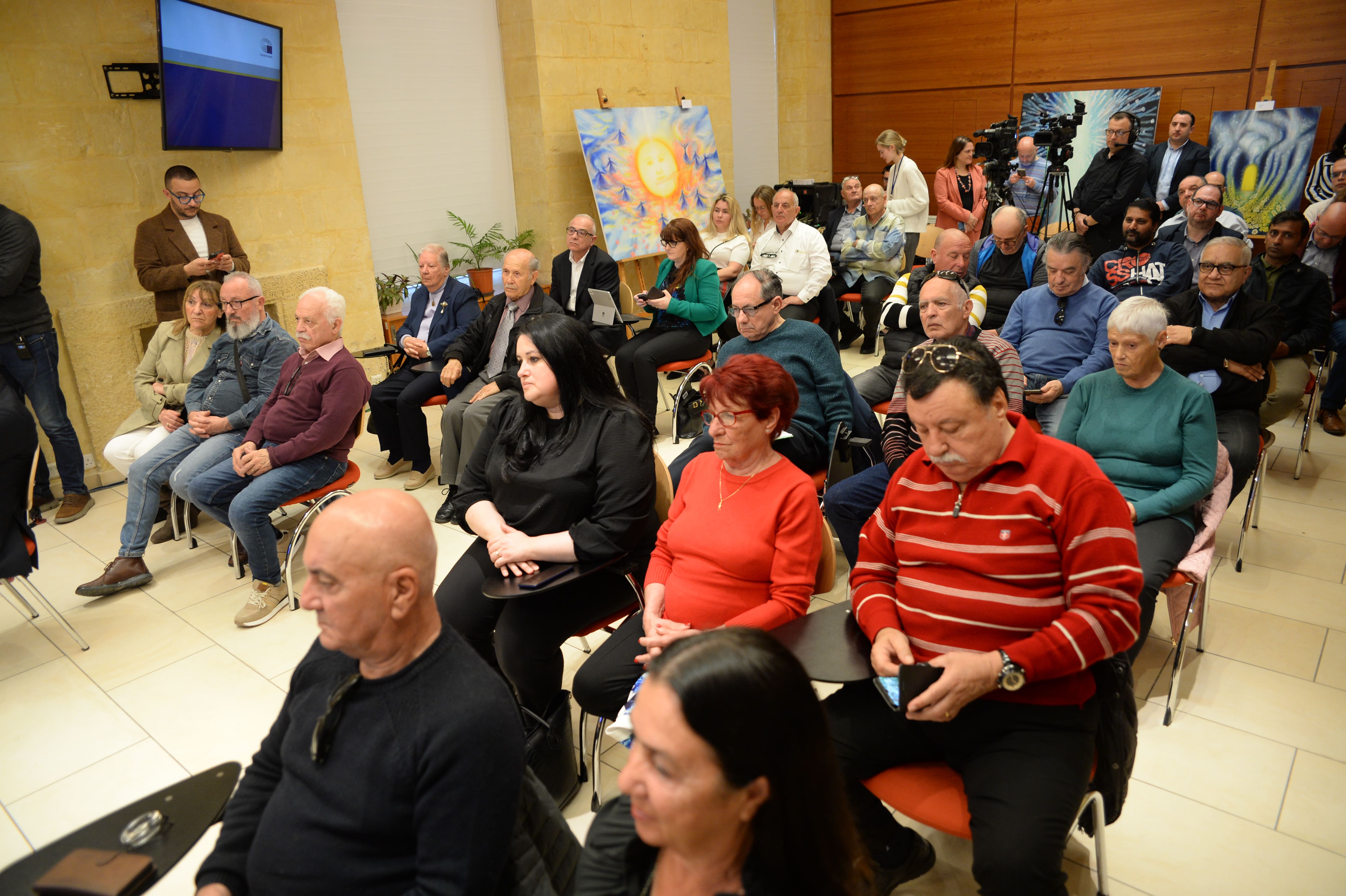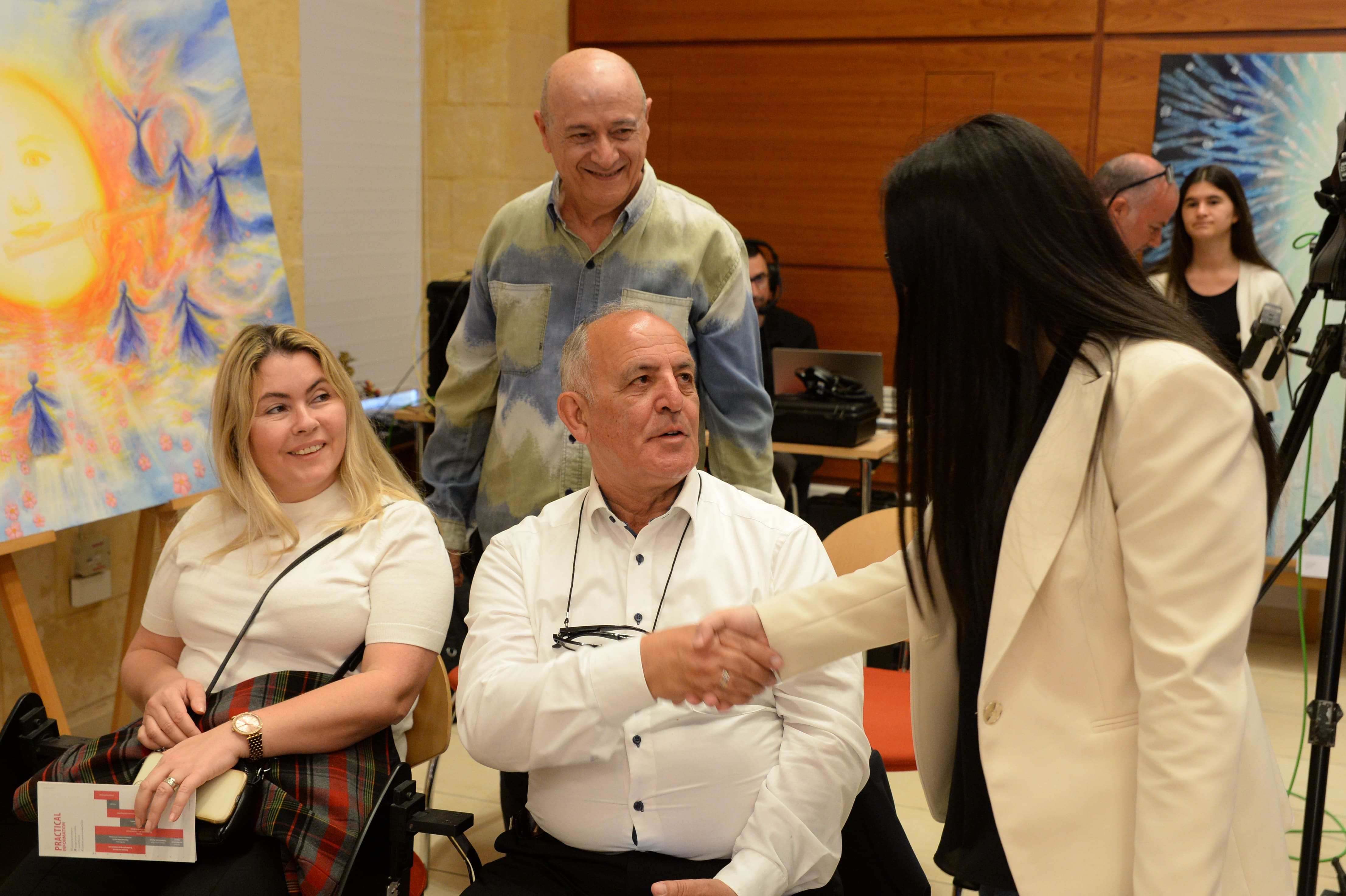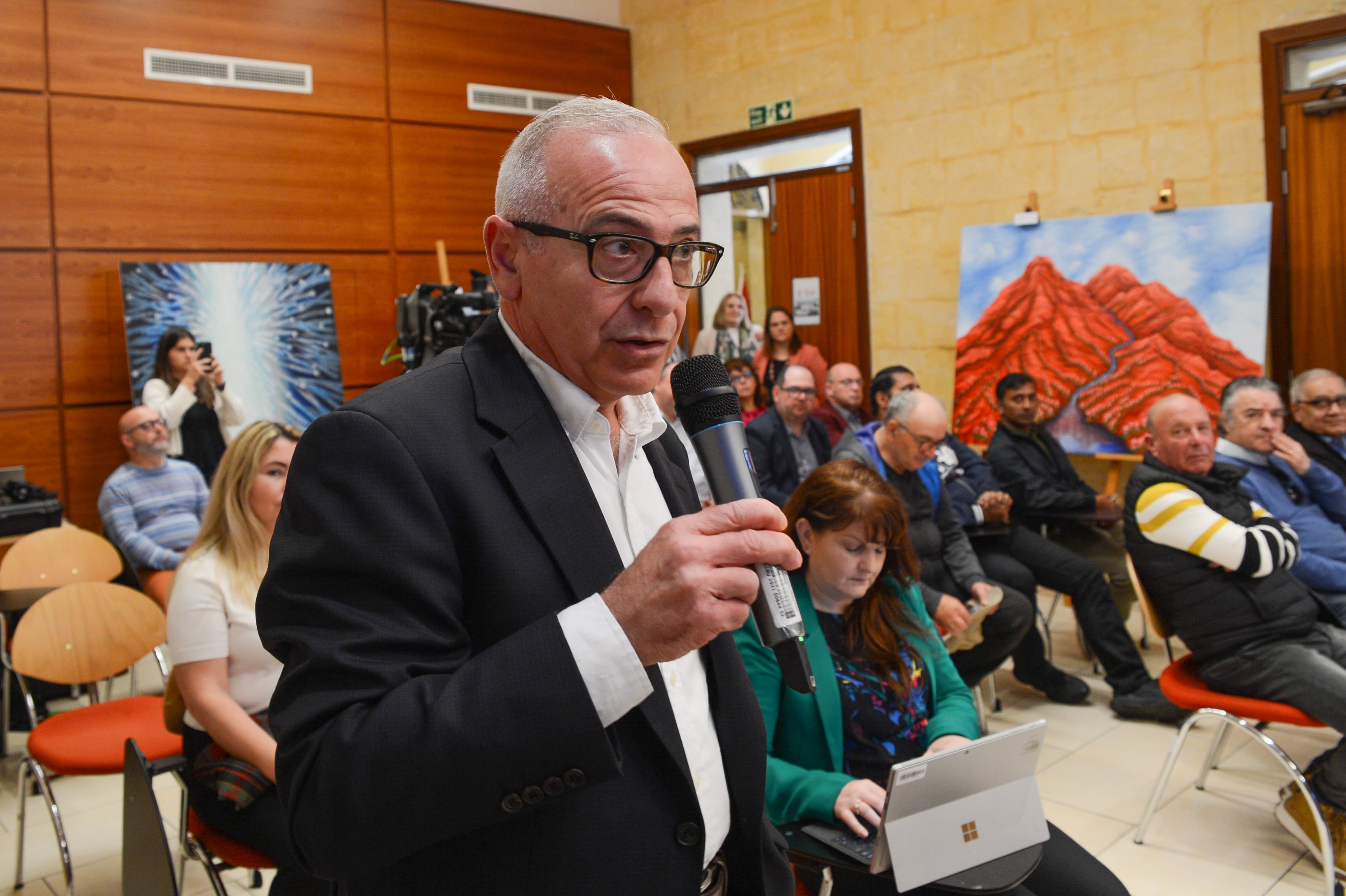Strengthened Connectivity and Justice for Our Islands
During the event, MEP Cutajar outlined her work in various Committees of the EP in the interests of islands. She noted that one of her best achievements as an MEP was an amendment to the new EU rules for sustainable marine fuels, where "we bought more time for passenger ships for small islands such as Gozo and Ischia that depend on sea transport, so that these have more time for the changeover to more sustainable fuels."

"In the next mandate, there is a need in the EU for an Islands Pact as there is a Rural Pact for the regions of the EU," she continued. "The European Commission is skeptical in this regard because it considers that the islands are very different to each other, which is true, but the islands have common geographical challenges. There is still a lot left to do for the islands".

She mentioned the co-operation between Maltese MEPs in this legislature in favour of Malta in the package of laws on mobility as the only time that they worked all together, and supported the same amendments, although in this case without success.
However, she emphasised that "the work of the Maltese MEPs is very important and it is important that we appreciate the work of the MEPs for the representation of our country, and it is important that we vote", while wishing all the candidates for the election on 8 June well, which she won't form part of this time.

MEP Cutajar also discussed the digital transition, which is not only an important pillar in European politics, "but also a spur for the social and economic progress of islands like ours".
The environmental transition brings opportunities linked to the green economy and blue economy - which, however, need to be accompanied by close co-operation with the educational sector in the member states so that these opportunities are properly used.

"We still need connectivity everywhere: an example close to home for me in Gozo is Daħlet Qorrot, where a mobile phone does not work", she added.
It's also crucial that "we do not assume that every person can afford the internet. There is a need for infrastructure and voucher systems, and also education for the elderly to use the internet, because in order to make a truly effective digital transition, everyone must have access".
"The social aspect was always at the forefront in the work I carried out, I believe we should not leave anyone behind," MEP Cutajar concluded.